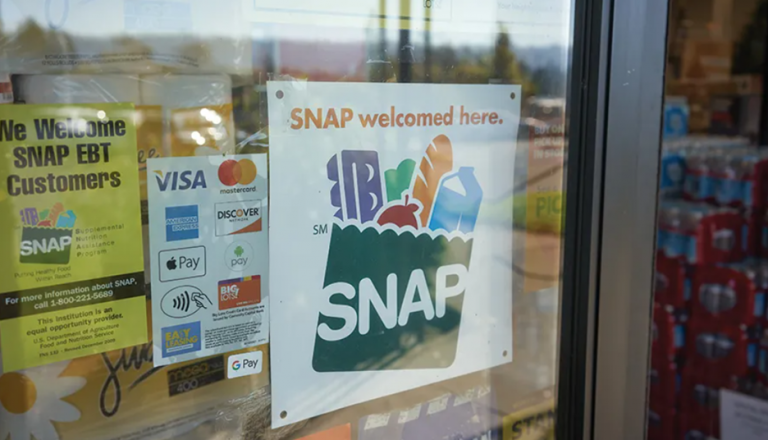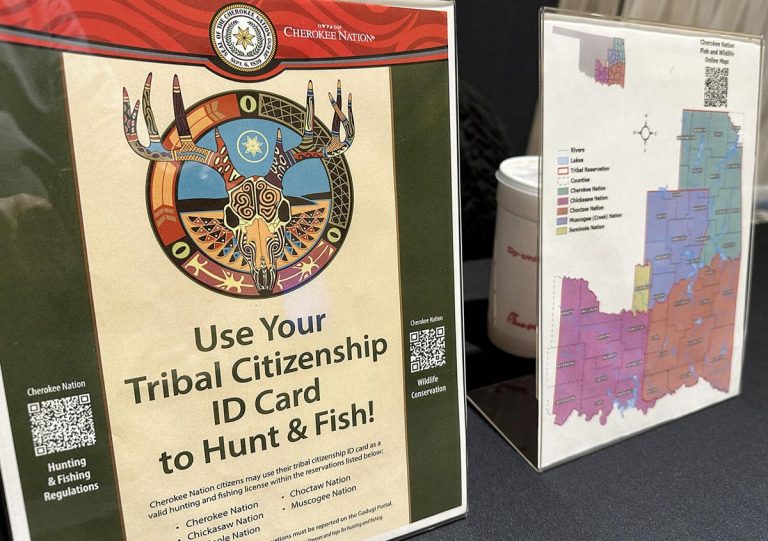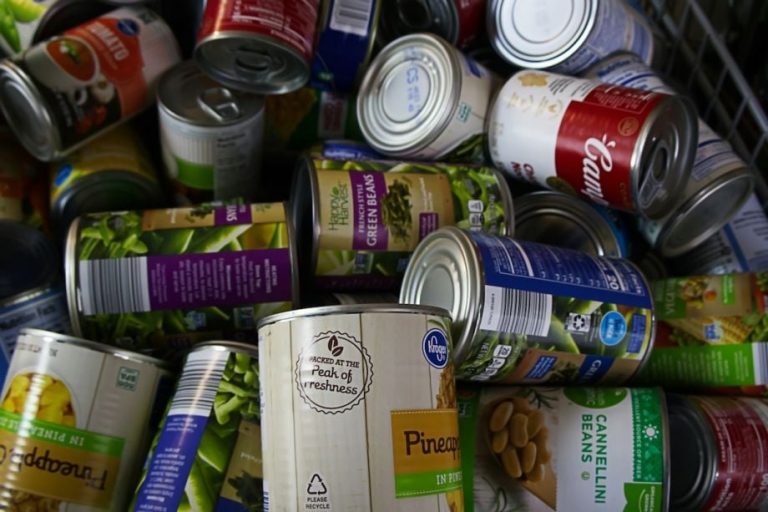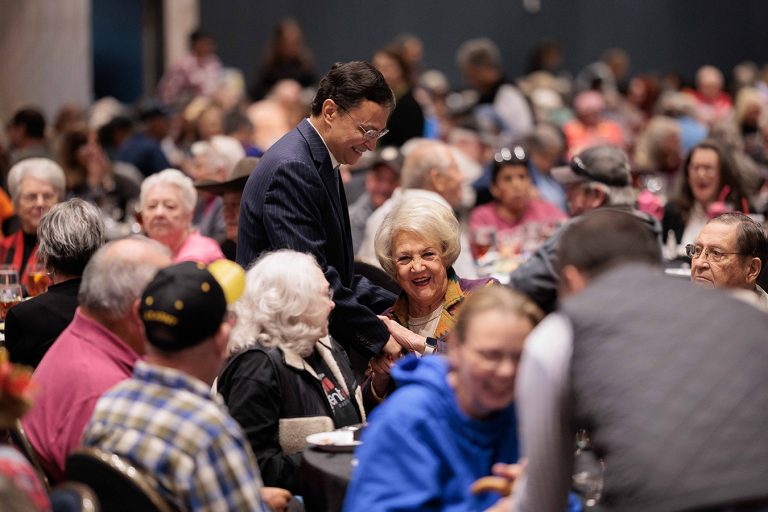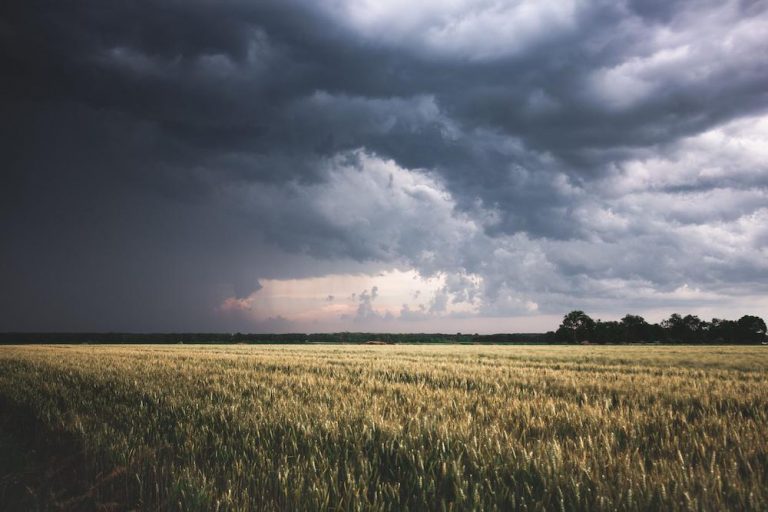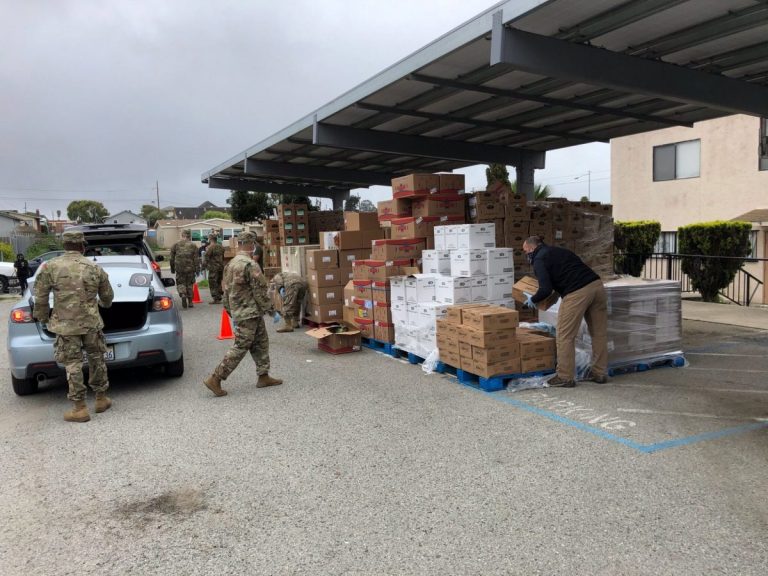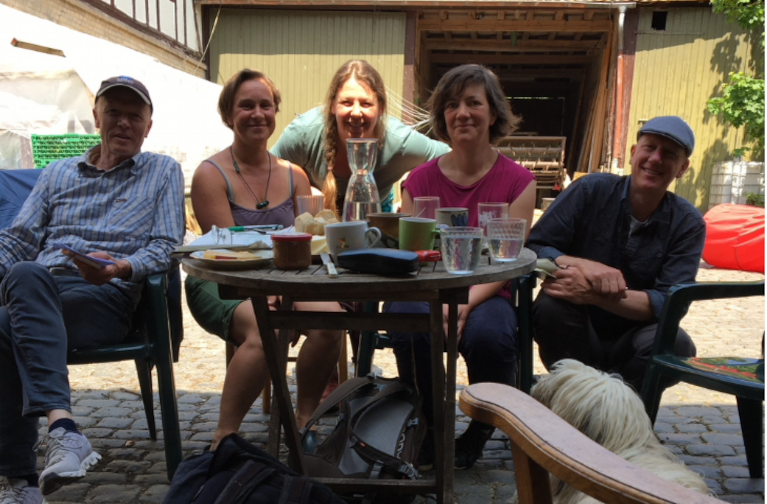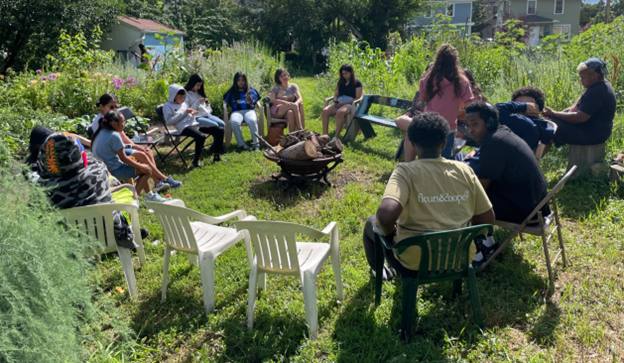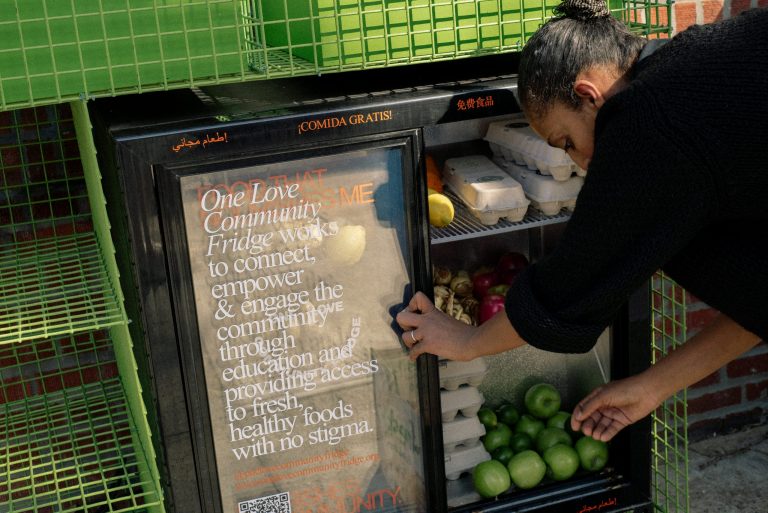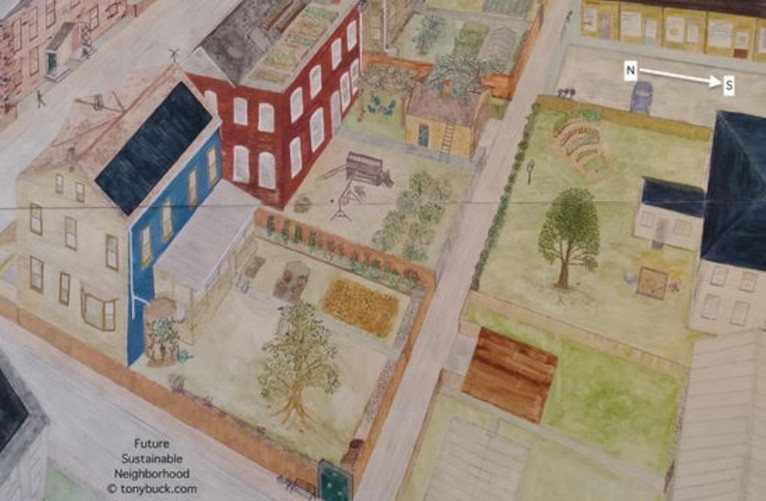Starving The Safety Net
At the start of November, while the government was shut down due to a lapse in federal appropriations, millions of families across the United States abruptly lost access to food assistance.
For the first time since the creation of the Supplemental Nutrition Assistance Program (SNAP, commonly called “food stamps”) in the 1960s, the federal government chose not to fund benefits during a shutdown. The Trump administration broke with decades of precedent, followed by both Democratic and Republican administrations, by allowing the nation’s largest anti-hunger program to grind to a halt.

